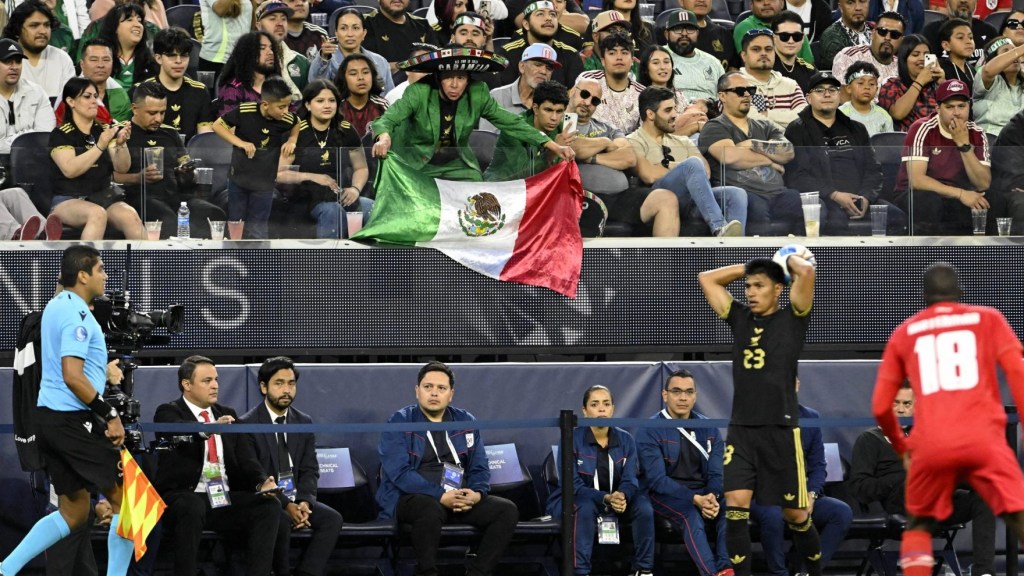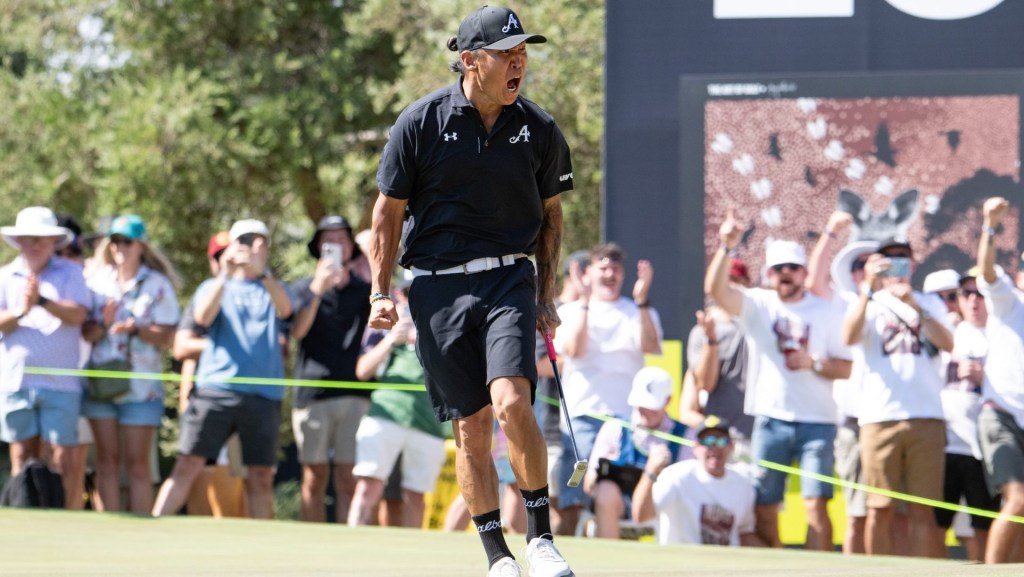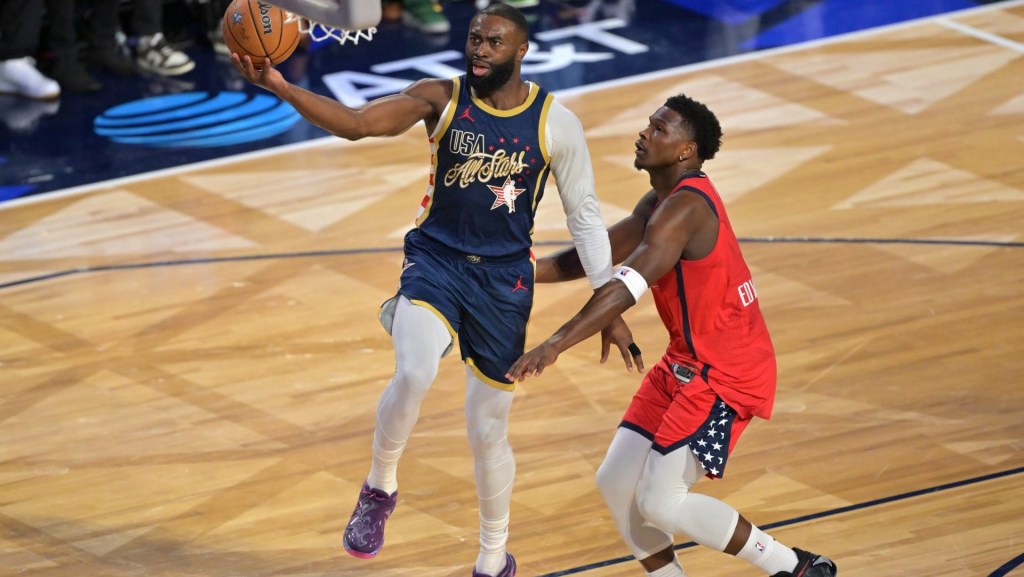The Dodgers continue to treat their payroll like a running tab.
The World Series champions agreed to a five-year deal with Blake Snell worth $182 million, adding an ace to a rotation that will include Clayton Kershaw and Shohei Ohtani next season, barring injury.
The contract comes with $60 million in deferred money, adding to the $680 million Ohtani deferred when he signed his 10-year, $700 million deal ahead of last season. Snell’s deferred money means the Dodgers have deferred roughly $962 million in salary to five star players for the coming decades. Snell spent the 2024 season with the Giants.
Salary deferrals are more common in baseball than perhaps any sport, as the collective bargaining agreement allows for longer-term deals that leagues such as the NBA and NFL don’t. Bobby Bonilla’s annual July 1 check for $1.2 million from the Mets from 2011 through 2035 has become an unofficial holiday in baseball, but he has plenty of company. In fact, Bonilla, who retired in 2001, has been getting $500,000 a year from the Orioles since 2004—an arrangement set to continue until 2028.
Hall of Famer Ken Griffey Jr. will come off the Reds’ books at the end of this year after receiving the final $3.59 million of deferred money from a 16-year deferral that totals $57.5 million. Manny Ramírez signed a contract with the Red Sox in 2001 with a $32 million deferral—giving him $2 million a year—which expires in 2026.
But those cases are more individually based and not as team-oriented as the Snell-Dodgers scenario. Catcher Will Smith’s 10-year deal worth $140 million has $50 million deferred, which will be paid from 2034 to 2043. World Series MVP Freddie Freeman is owed $57 million from 2028 to 2040 and All-Star Mookie Betts will be owed $115 million in salary from 2033 to 2044, and the final $5 million of his $65 million signing bonus is payable from 2033 to 2035. Teoscar Hernández gave the Dodgers a deferral discount—he’s owed just $8.5 million between 2030 and 2039.
Deferred compensation can be beneficial to both teams and players. It gives teams financial flexibility to add key pieces around star players without simultaneously paying multiple high-figure salaries, which is why Ohtani is getting paid just $2 million a year in his current deal. Deferral can also help teams reduce their competitive balance tax, and provides players a paycheck well after they’re done playing, which helps secure their future finances and minimizes taxes over the longer term.
Baseball’s deferral payments have caught the eye of the politicians. In March, California state senator Josh Becker introduced legislation that called for Congress “to establish a reasonable cap on deferred compensation.” Ohtani’s contract setup will save him roughly $90 million in California state income taxes, if he returns to Japan when his deal ends, but before the deferrals start. Becker doesn’t find that fair.
“It is disturbing that Shohei Ohtani and other individuals can perform a hidden ball trick using an obscure tax loophole to avoid paying hundreds of millions of dollars and it’s a concerning precedent,” said Becker. “The current system exacerbates the unequal distribution of taxes and creates an unbalanced tax structure and further perpetuates income inequality.”
In 1996, Congress tweaked the federal tax code by passing legislation that prevents states from taxing deferred income on out-of-state residents when the payments are made in equal amounts over a minimum of a decade. The laws were designed to protect pensions, which are not as common now as they were decades ago—and when the average MLB salary was just over $1 million.
Becker’s bill passed through California’s state senate in the spring, and while state law can’t change federal tax law, Becker said bringing awareness to the issue could prompt discussion about ways states could tax deferred money.
Free agency is in its infancy in baseball, and the Dodgers could still increase their deferred compensation figure before Opening Day in March. The team can still add Japanese pitcher Roki Sasaki, who is among the most prized free-agent hurlers. The Dodgers reportedly have an offer out to Juan Soto, the most-coveted free agent on the market.
Soto is seeking a contract that rivals Ohtani’s 10-year, $700 million deal. What could factor into the Dodgers’ odds with Soto is the same question they asked Ohtani: How much are you willing to defer?
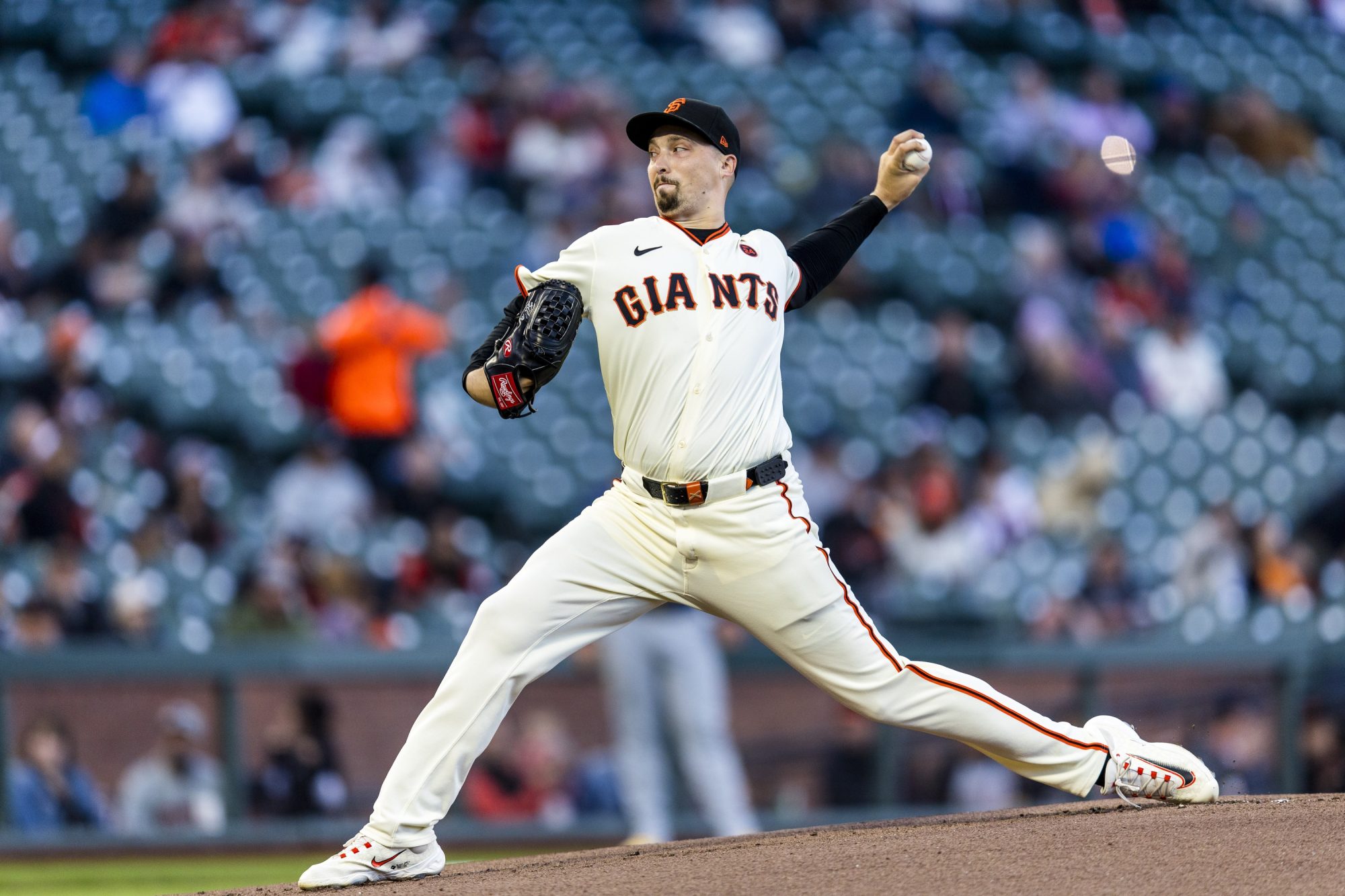


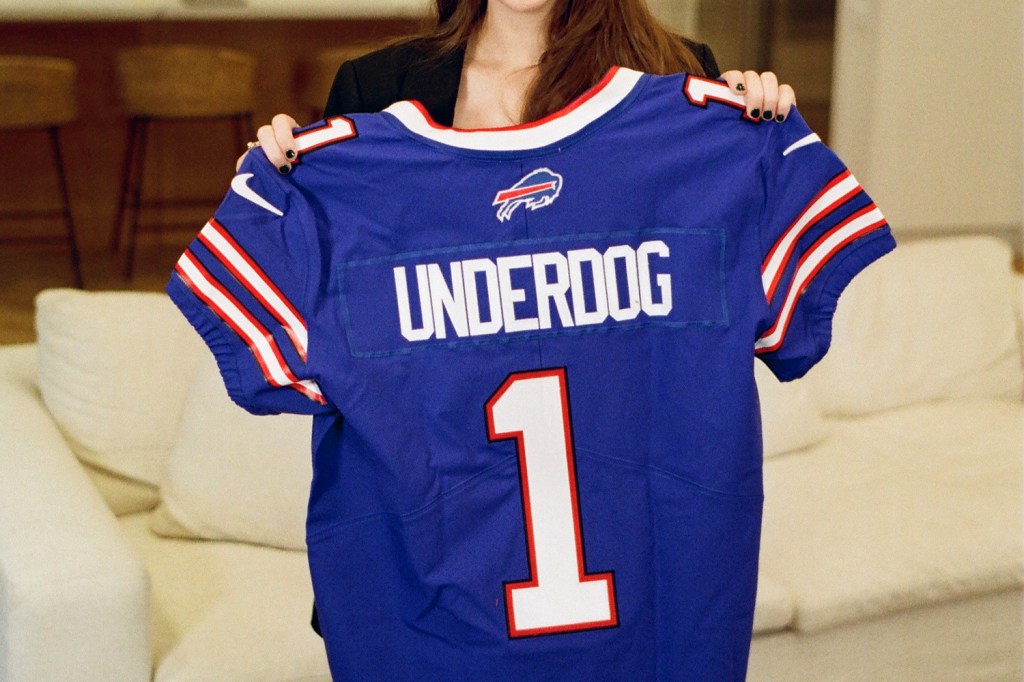


![[Subscription Customers Only] Jun 15, 2025; Seattle, Washington, USA; Botafogo owner John Textor inside the stadium before the match during a group stage match of the 2025 FIFA Club World Cup at Lumen Field.](https://frontofficesports.com/wp-content/uploads/2026/02/USATSI_26465842_168416386_lowres-scaled.jpg?quality=100&w=1024)
![[Subscription Customers Only] Jul 13, 2025; East Rutherford, New Jersey, USA; Chelsea FC midfielder Cole Palmer (10) celebrates winning the final of the 2025 FIFA Club World Cup at MetLife Stadium](https://frontofficesports.com/wp-content/uploads/2026/02/USATSI_26636703-scaled-e1770932227605.jpg?quality=100&w=1024)






